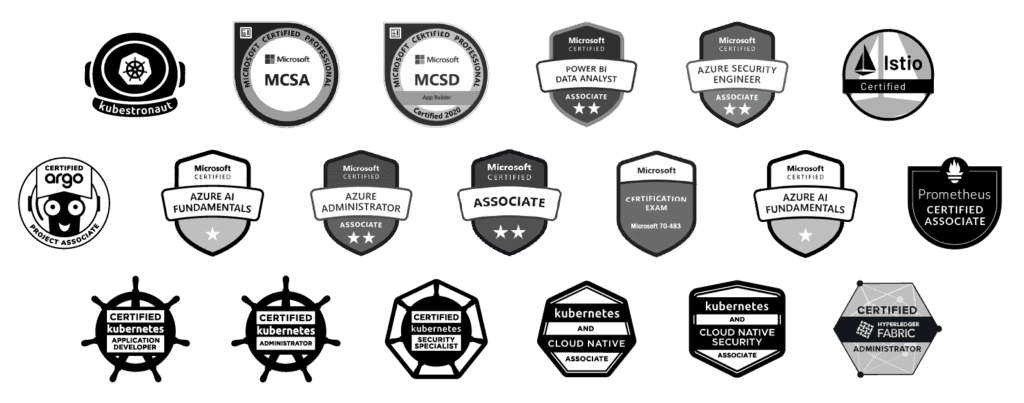In the ever-evolving landscape of container orchestration, Kubernetes stands as the de facto standard. Its ability to manage and automate containerized applications at scale has revolutionized the way we deploy and manage software.
The Growing Complexity of Kubernetes
Managing large-scale Kubernetes clusters involves numerous tasks, including:
- Container Scheduling: Deciding where to place containers across a cluster to optimize resource utilization.
- Scaling: Automatically scaling applications up or down based on demand.
- Load Balancing: Distributing traffic efficiently among containers.
- Health Monitoring: Detecting and responding to container failures or performance issues.
- Resource Allocation: Allocating CPU, memory, and storage resources appropriately.
- Security: Ensuring containers are isolated and vulnerabilities are patched promptly.
Traditionally, managing these tasks required significant manual intervention or the development of complex scripts and configurations. However, as Kubernetes clusters grow in size and complexity, manual management becomes increasingly impractical. This is where AI steps in.
AI in Kubernetes: The Automation Revolution
Automated Container Scheduling
AI algorithms can analyze historical data and real-time metrics to make intelligent decisions about where to schedule containers.
This can optimize resource utilization, improve application performance, and reduce the risk of resource contention.
Dynamic Scaling
AI-driven autoscaling can respond to changes in demand by automatically adjusting the number of replicas for an application.
This ensures that your applications are always right-sized, minimizing costs during periods of low traffic and maintaining responsiveness during spikes.
Intelligent Load Balancing
AI-powered load balancers can distribute traffic based on real-time insights, considering factors such as server health, response times, and user geography.
This results in improved user experience and better resource utilization.
Proactive Monitoring and Remediation
AI can continuously monitor the health and performance of containers and applications.
When anomalies are detected, AI can take automated actions, such as restarting containers, rolling back deployments, or notifying administrators.
Resource Optimization
Security Enhancements
Case Study: KubeFlow and AI Integration
Challenges and Considerations
- AI Expertise: Implementing AI in Kubernetes requires expertise in both fields. Organizations may need to invest in training or seek external assistance.
- Data Quality: AI relies on data. Ensuring the quality, security, and privacy of data used by AI systems is crucial.
- Complexity: Adding AI capabilities can introduce complexity to your Kubernetes environment. Proper testing and monitoring are essential.
- Cost: AI solutions may come with additional costs, such as licensing fees or cloud service charges.
- Ethical Considerations: AI decisions, especially in automated systems, should be transparent and ethical. Bias and fairness must be addressed.
The future of container orchestration promises a seamless blend of human and machine intelligence, enabling organizations to navigate the complexities of modern application deployment with confidence and efficiency.











